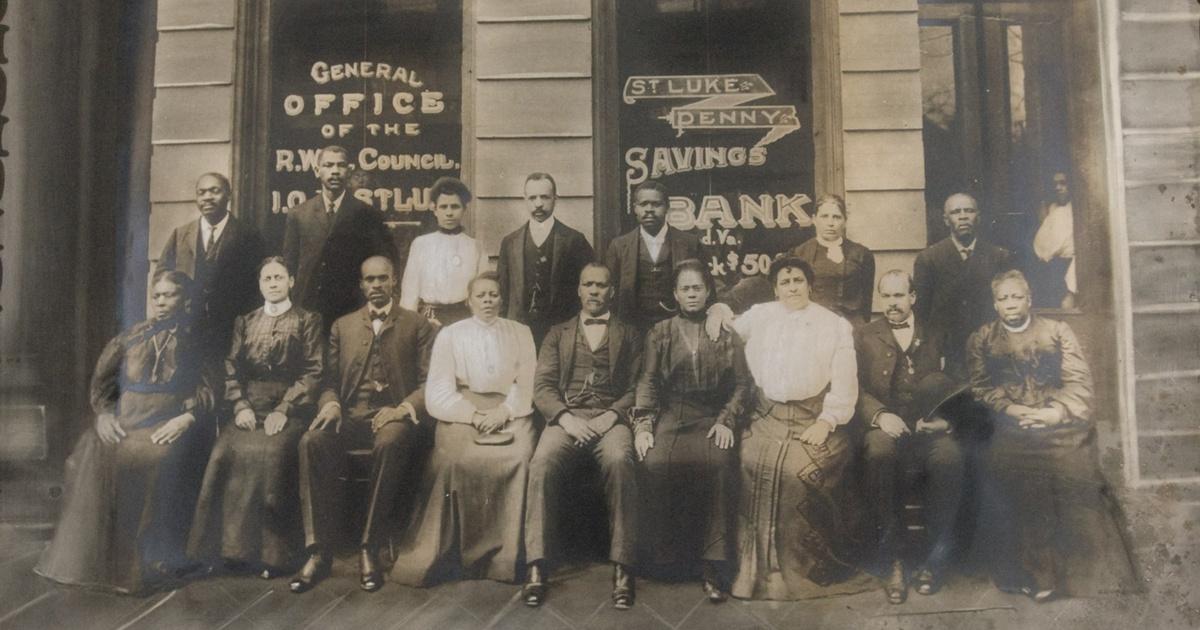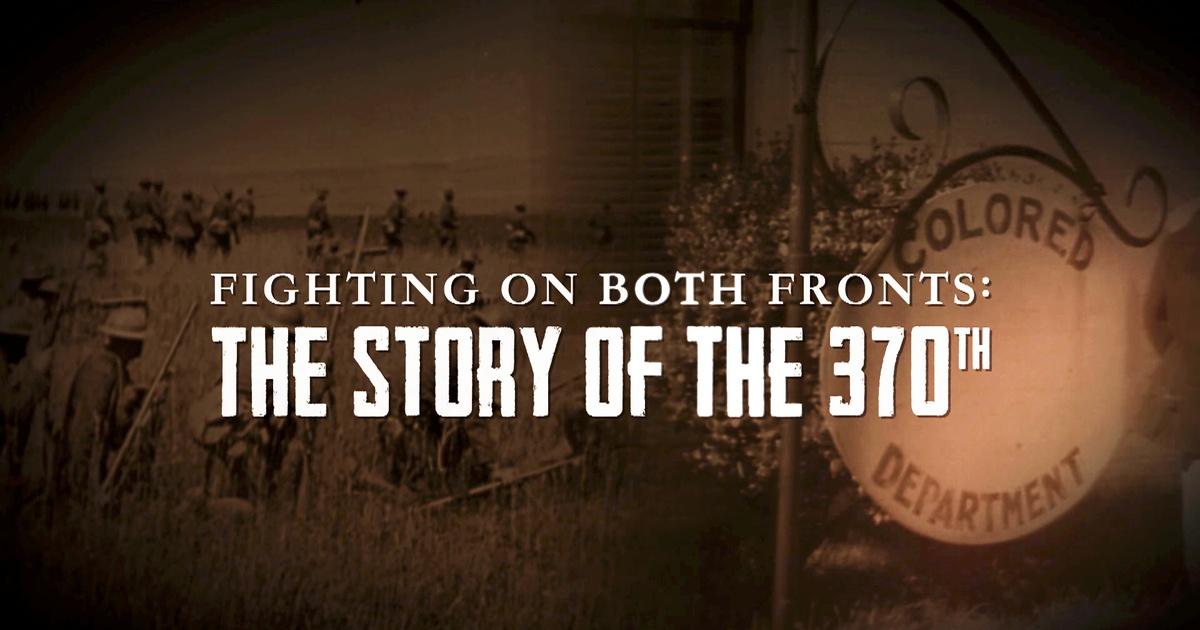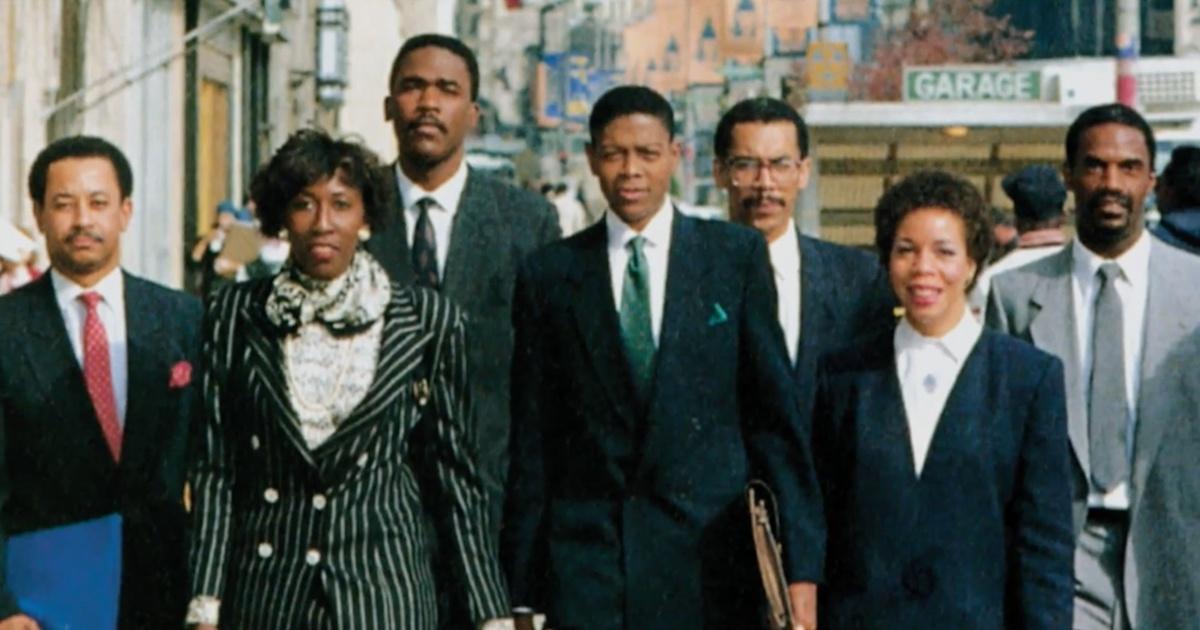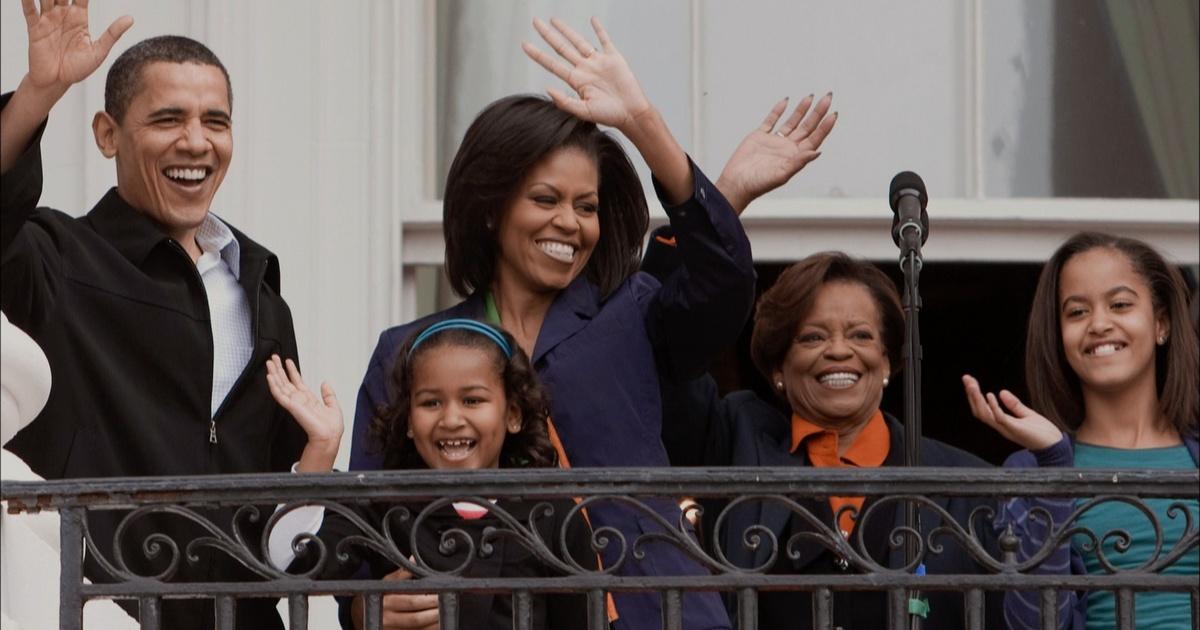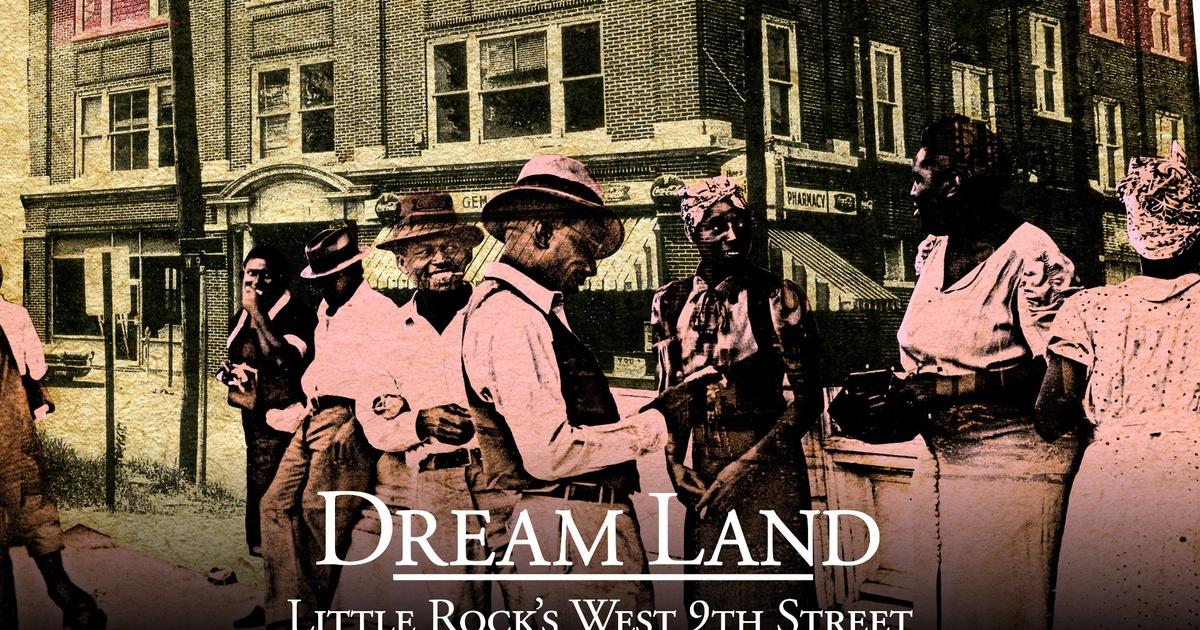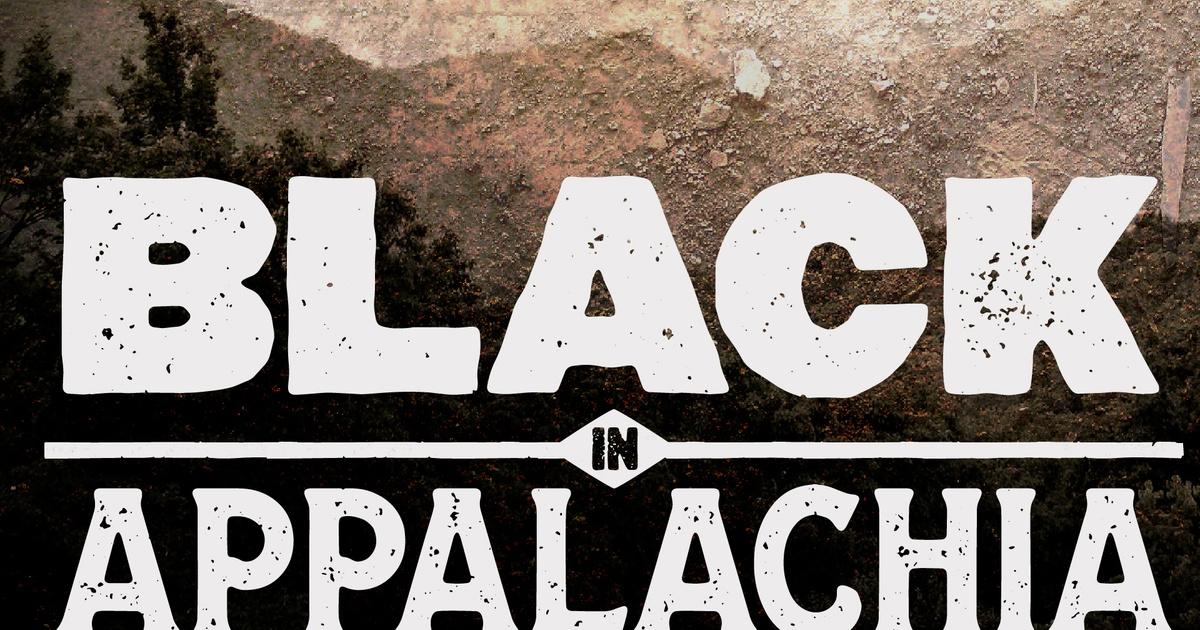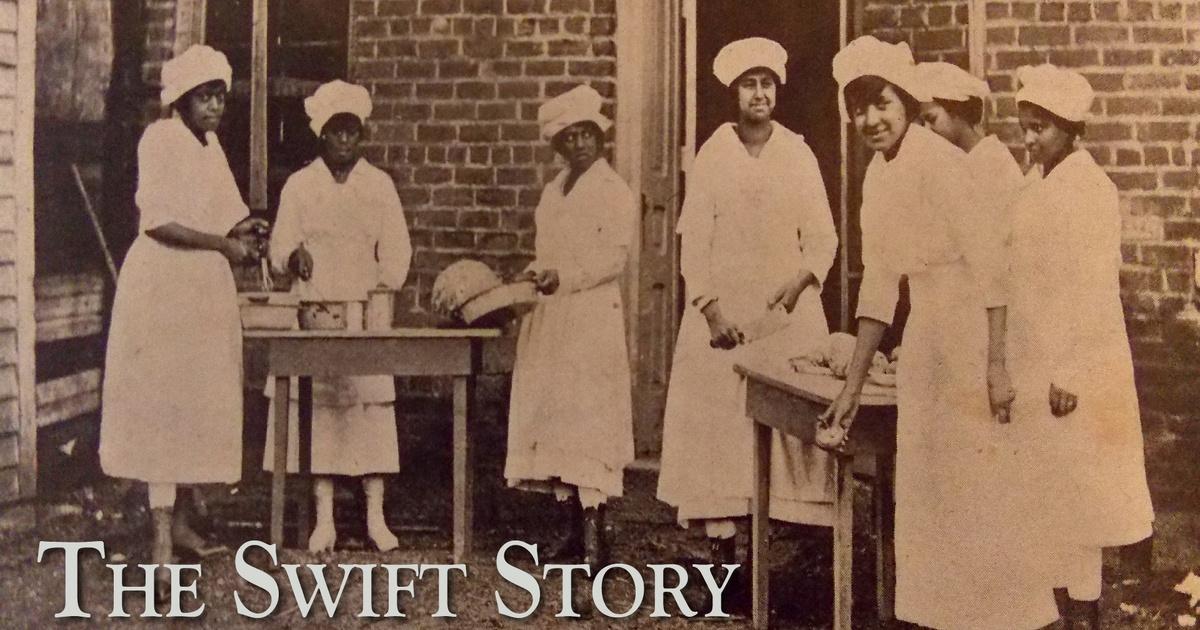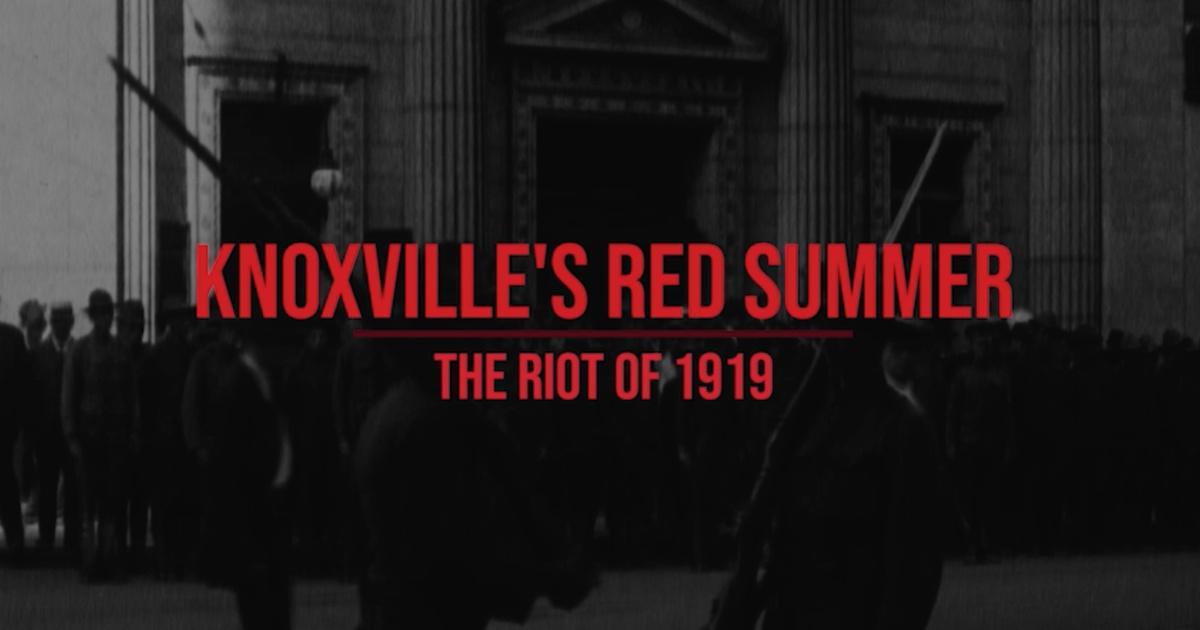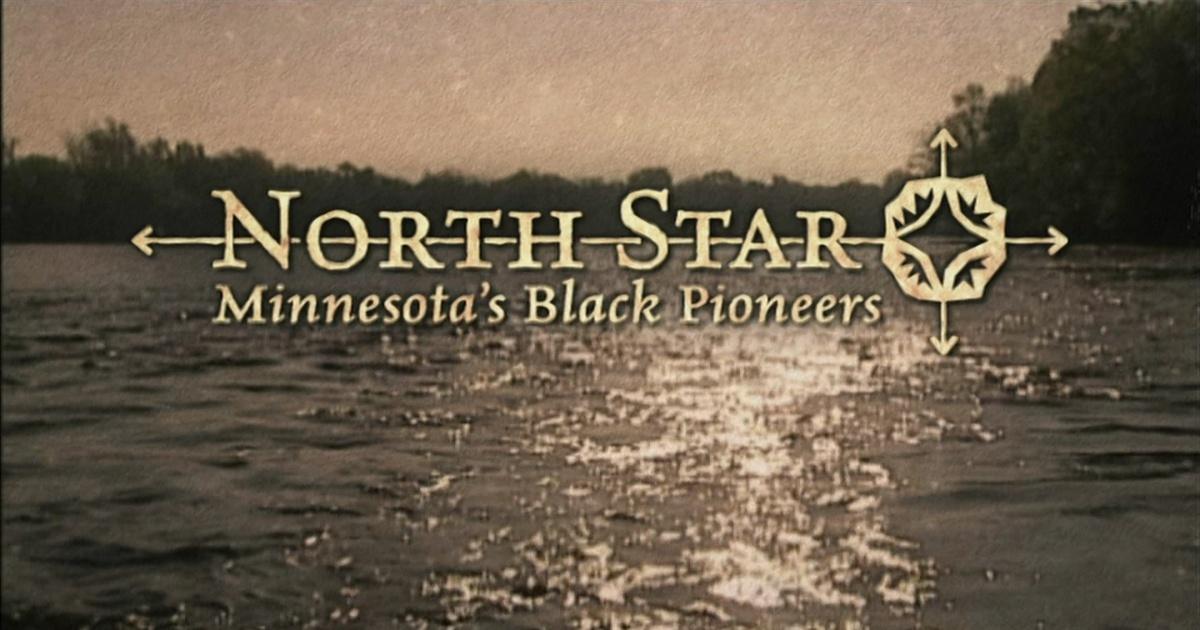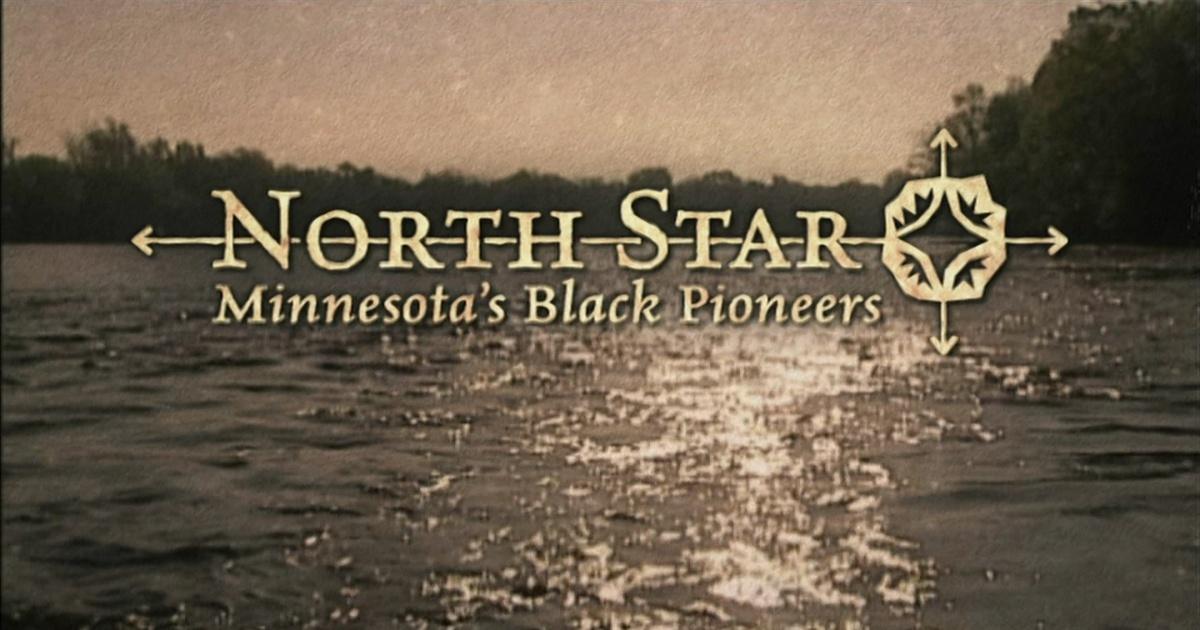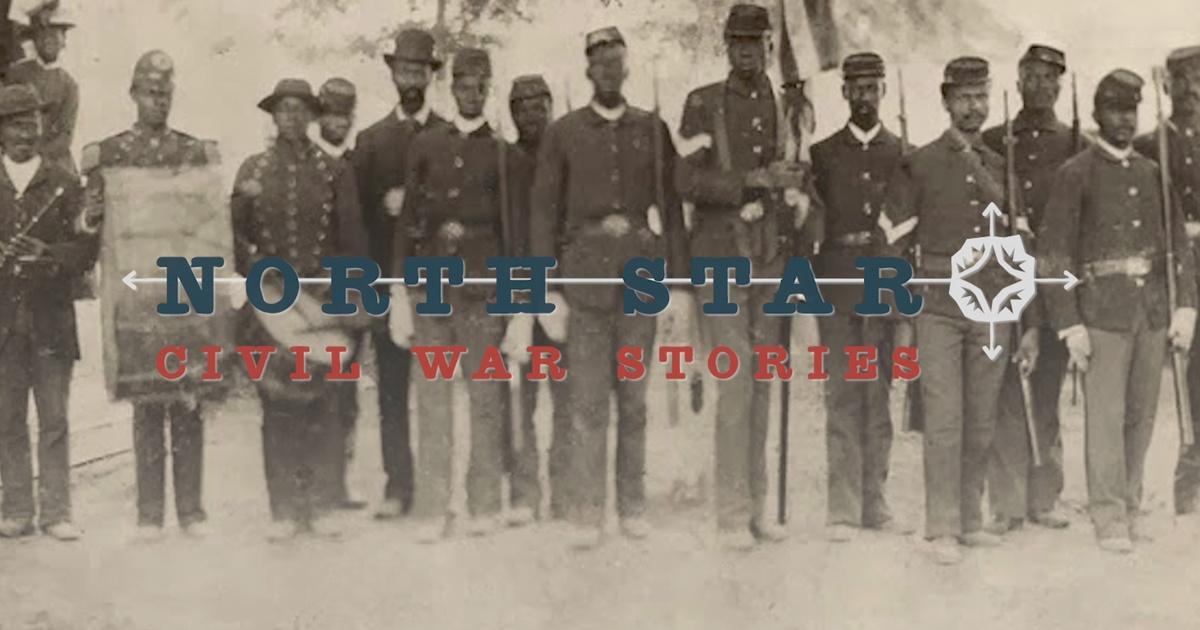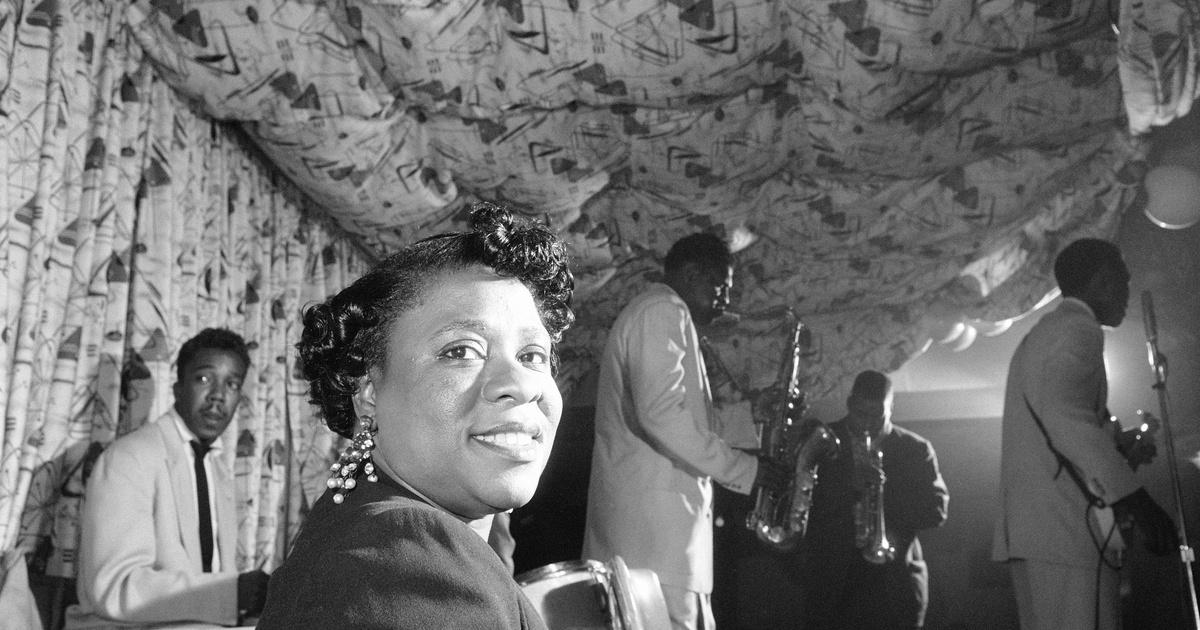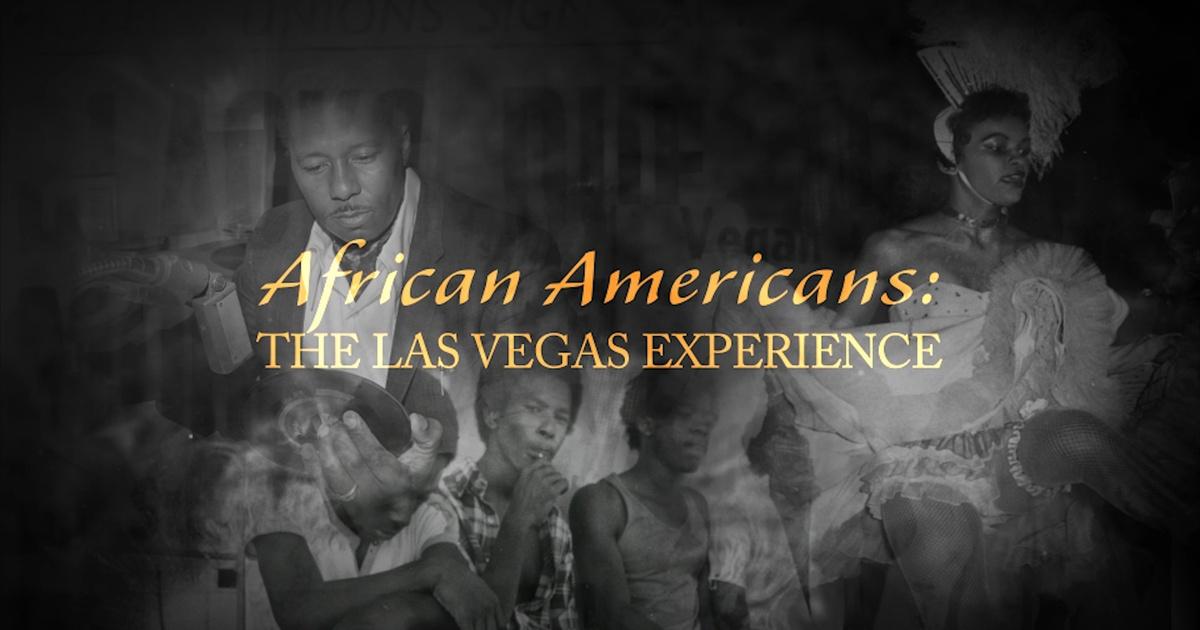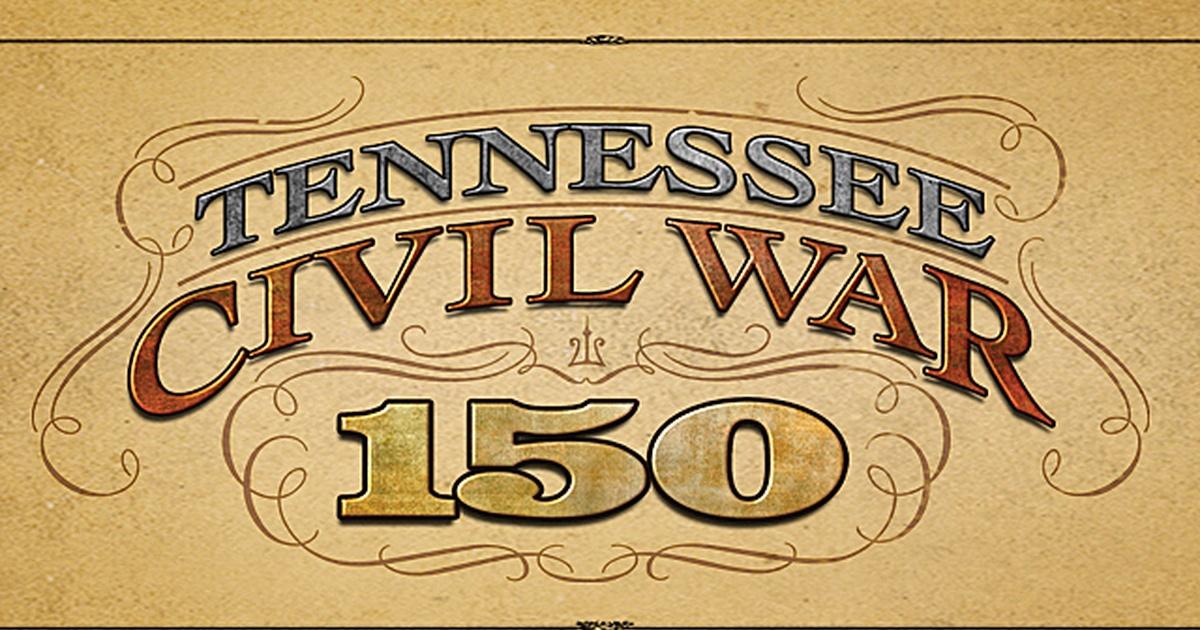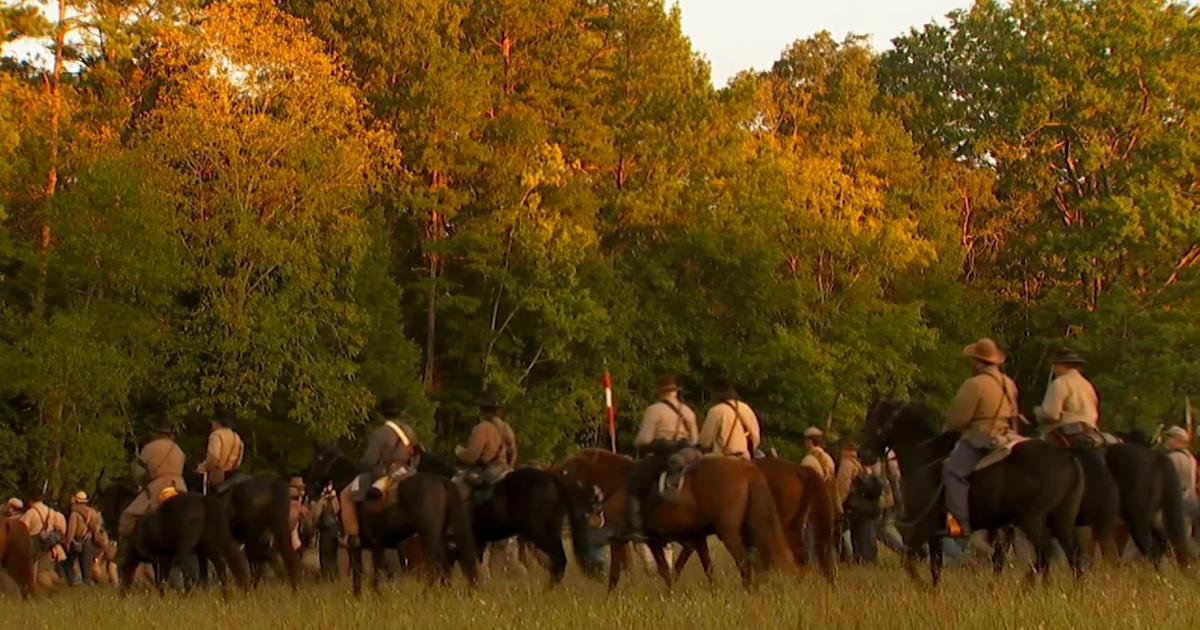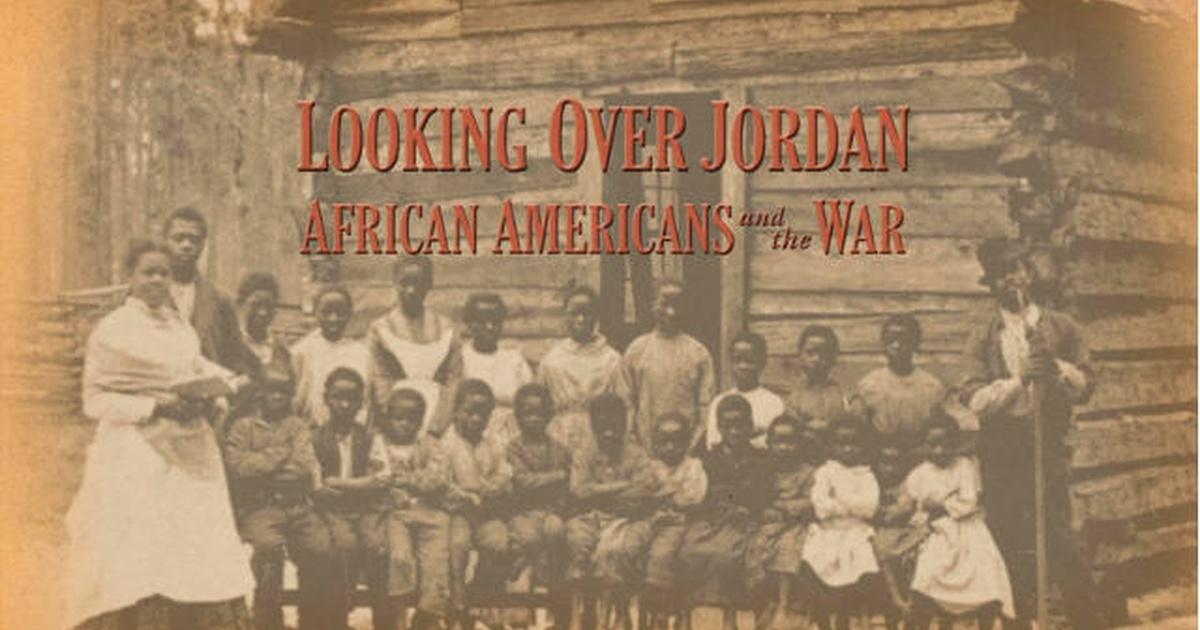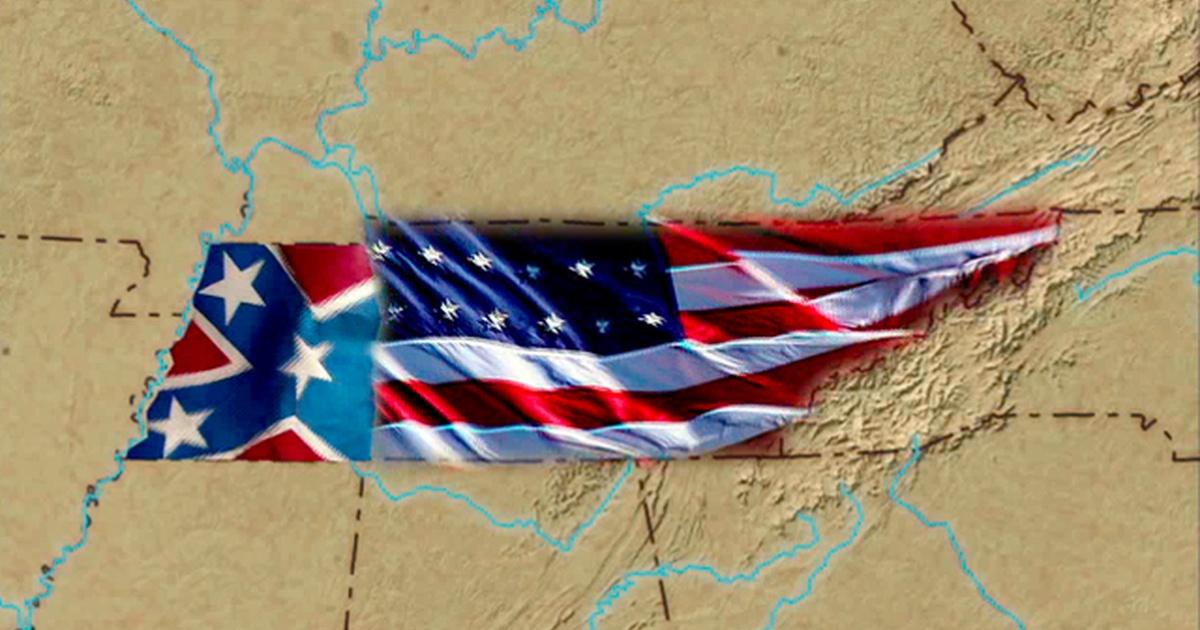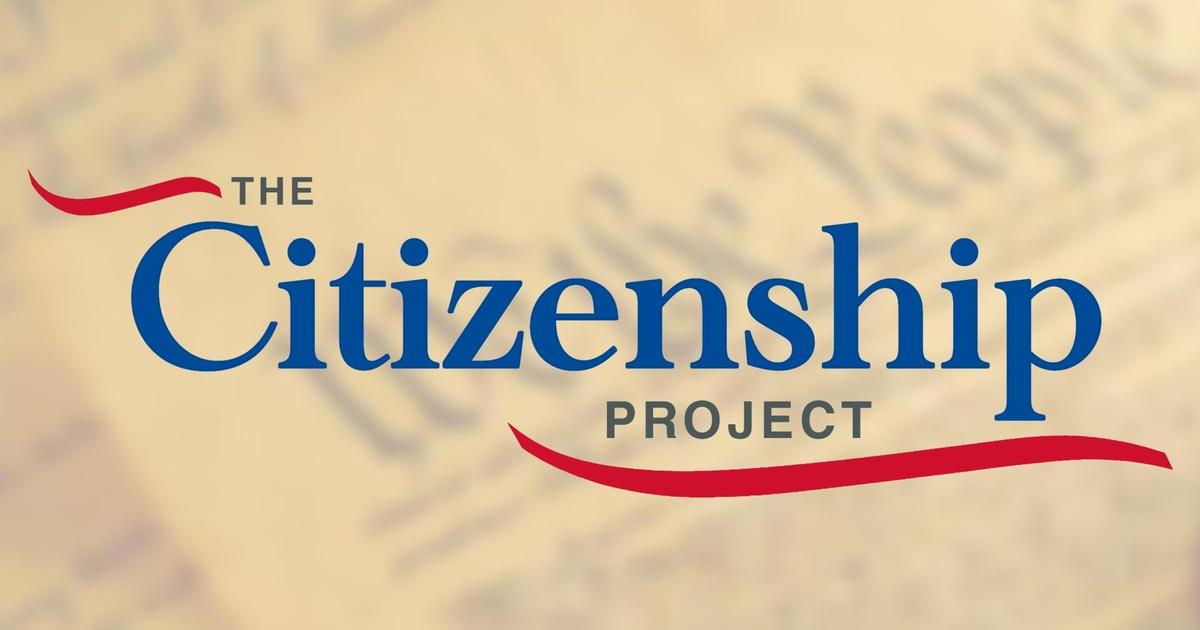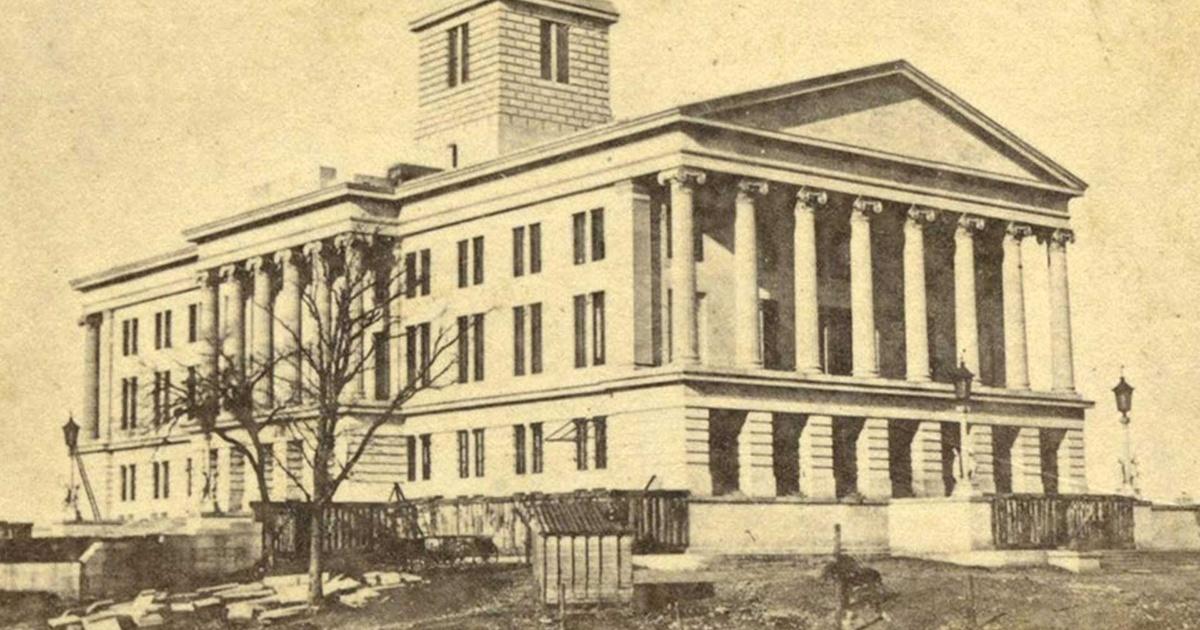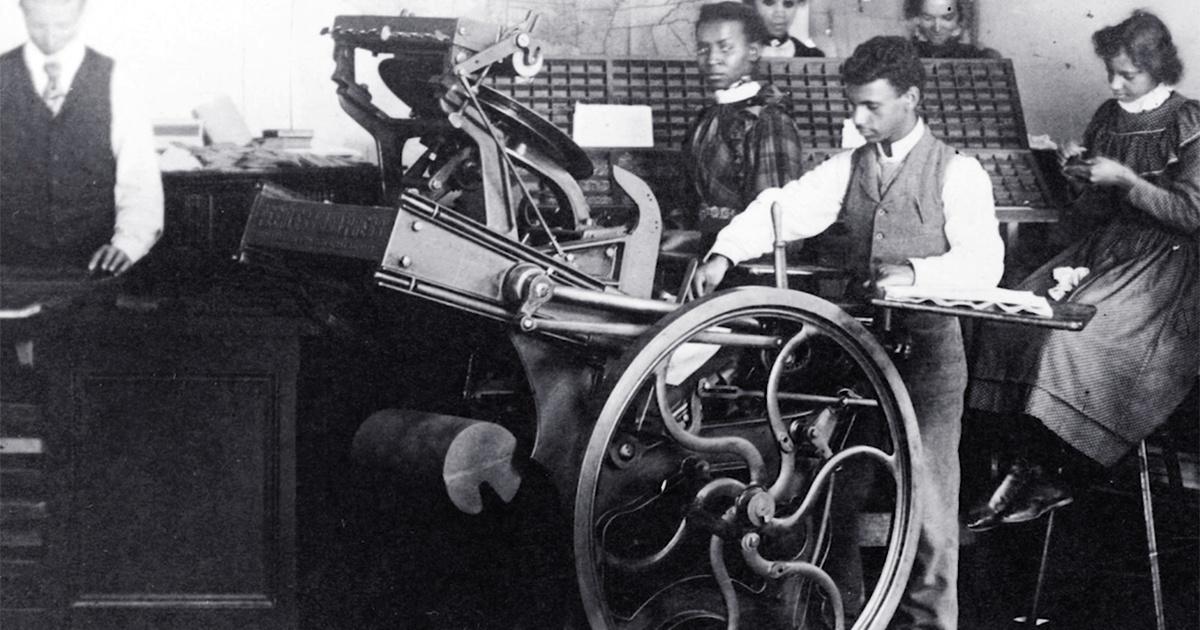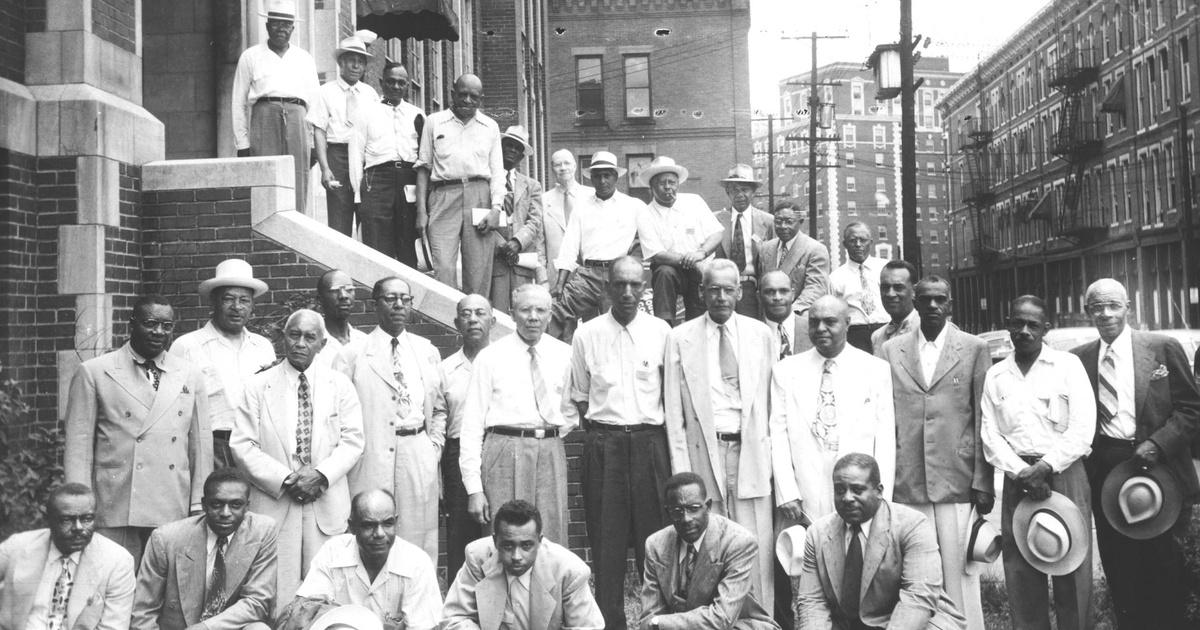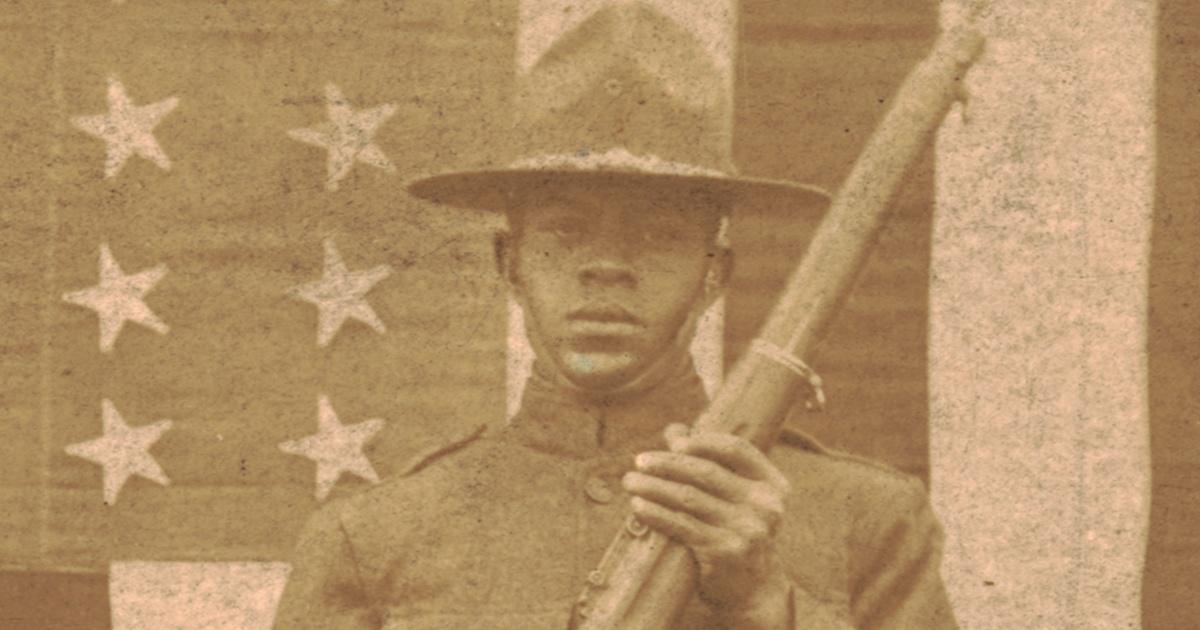LurkerSix
OG
So I mentioned in that 'Hidden Colors' thread, that I felt there were better documentaries out there that dove deeper on specific topics, because I didnt watch the whole thing of the first one, because it didnt teach me anything new (This was after someone linked me to the film hyping it saying I'd learn so much and be woke. So I was rather salty when i saw nothing but shit I already knew and assumed most people knew and TBH I also feel like they're more like propaganda films marketed that way to get donations from blacks, but i'm not gunna get into that). A few people expressed interest in me making a thread, so here we are.
These documentaries taught me a lot, that i didn't know and also had things that i over looked, that was actually really important.
I figured this would be smooth sailing, but i ran into some snags, thats why this took longer than i expected. Turns out a lot of these were only licensed to be online for free for a period of time, before you have to either join the site and make a donation, or just buy the film on blueray or w/e. So you got that coupled with me trying to remember the names of the films I saw, since i deleted a lot them from my DVR n shit smh. Spent a few days not exactly pleased. But I got it done.
For this first set, its going to be a process to view it, if you are in the United States. The uploader has our country blocked so it can stay on youtube. You'll have to use a VPN or a proxy to view it. If you dont have or want to use a VPN, here are two proxy sites you can use. https://www.hidemyass.com/en-us/proxy or https://www.proxfree.com/ . When you go to hidemyass, just go to "connect my server" and change it to a country outside of the US and for proxfree, just change "ip address location", before you paste the link to the youtube and connect. It should pop right up and play on the site.

(update link https://www.pbs.org/show/african-am...nicles the full,nation deeply divided by race. )
The African Americans Many Rivers to Cross Episode 1: The Black Atlantic (1500-1800)
(link for you to copy in case you cant play www.youtube.com/watch?v=ud2tEfp6t3A )
The African Americans Many Rivers to Cross Episode 2: The Age of Slavery (1800 -1860)
(link for you to copy in case you cant play www.youtube.com/watch?v=Gj47wDxiU08 )
The African Americans Many Rivers to Cross Episode 3: Into the Fire (1861-1896)
(link for you to copy in case you cant play www.youtube.com/watch?v=XhzN70JAeQo )
The African Americans Many Rivers to Cross Episode 4: Making a way Out of no way (1897-1940)
(link for you to copy in case you cant play www.youtube.com/watch?v=SMJtL2_oivo )
The African Americans Many Rivers to Cross Episode 5: Rise! (1940 - 1968)
(link for you to copy in case you cant play www.youtube.com/watch?v=5jwBceWkCzA )
The African Americans Many Rivers to Cross Episode 6: A More Perfect Union (1968 - 2013)
(link for you to copy in case you cant play www.youtube.com/watch?v=Nc6AZmso9no )
Slave Catchers, Slave Resisters
SLAVERY BY ANOTHER NAME
(full doc)
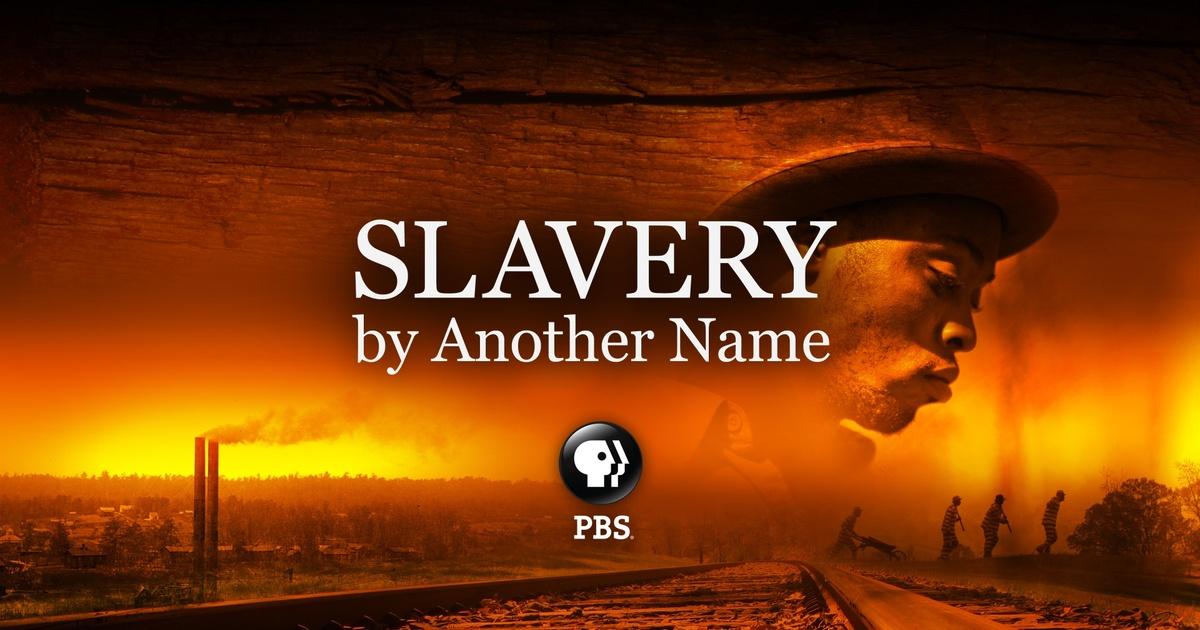
 www.pbs.org
www.pbs.org
Birth Of A Movement: The Battle Against America's First Blockbuster
(full doc bootleg)
These documentaries taught me a lot, that i didn't know and also had things that i over looked, that was actually really important.
I figured this would be smooth sailing, but i ran into some snags, thats why this took longer than i expected. Turns out a lot of these were only licensed to be online for free for a period of time, before you have to either join the site and make a donation, or just buy the film on blueray or w/e. So you got that coupled with me trying to remember the names of the films I saw, since i deleted a lot them from my DVR n shit smh. Spent a few days not exactly pleased. But I got it done.
For this first set, its going to be a process to view it, if you are in the United States. The uploader has our country blocked so it can stay on youtube. You'll have to use a VPN or a proxy to view it. If you dont have or want to use a VPN, here are two proxy sites you can use. https://www.hidemyass.com/en-us/proxy or https://www.proxfree.com/ . When you go to hidemyass, just go to "connect my server" and change it to a country outside of the US and for proxfree, just change "ip address location", before you paste the link to the youtube and connect. It should pop right up and play on the site.

About the Documentary Series | The African Americans: Many Rivers to Cross | PBS
Join Professor Henry Louis Gates on an engaging journey through 500-plus years of African-American history. He visits historical sites, speaks with some of America’s top historians and interviews living eyewitnesses.
www.pbs.org
Noted Harvard scholar Henry Louis Gates, Jr. recounts the full trajectory of African-American history in his groundbreaking new six-part series The African Americans: Many Rivers to Cross with Henry Louis Gates, Jr.---Written and presented by Professor Gates, the six-hour series explores the evolution of the African-American people, as well as the multiplicity of cultural institutions, political strategies, and religious and social perspectives they developed — forging their own history, culture and society against unimaginable odds. Commencing with the origins of slavery in Africa, the series moves through five centuries of remarkable historic events right up to the present — when America is led by a black president, yet remains a nation deeply divided by race.
(update link https://www.pbs.org/show/african-am...nicles the full,nation deeply divided by race. )
The African Americans Many Rivers to Cross Episode 1: The Black Atlantic (1500-1800)
(link for you to copy in case you cant play www.youtube.com/watch?v=ud2tEfp6t3A )
The African Americans Many Rivers to Cross Episode 2: The Age of Slavery (1800 -1860)
(link for you to copy in case you cant play www.youtube.com/watch?v=Gj47wDxiU08 )
The African Americans Many Rivers to Cross Episode 3: Into the Fire (1861-1896)
(link for you to copy in case you cant play www.youtube.com/watch?v=XhzN70JAeQo )
The African Americans Many Rivers to Cross Episode 4: Making a way Out of no way (1897-1940)
(link for you to copy in case you cant play www.youtube.com/watch?v=SMJtL2_oivo )
The African Americans Many Rivers to Cross Episode 5: Rise! (1940 - 1968)
(link for you to copy in case you cant play www.youtube.com/watch?v=5jwBceWkCzA )
The African Americans Many Rivers to Cross Episode 6: A More Perfect Union (1968 - 2013)
(link for you to copy in case you cant play www.youtube.com/watch?v=Nc6AZmso9no )
Slave Catchers, Slave Resisters
The following description of the film was written by film producer Judy Richardson for H-Net.
Slave Catchers, Slave Resisters
is a two-hour History Channel documentary that depicts the system of slave policing—enforced by militia, armed community slave patrols, paid slave catchers, and federal law.
The stories are set in both the South and the North, from the mid-1700’s colonial era through the end of the Civil War and its aftermath, and told through archival material, scholar interviews and recreations.
While the stories show the brutality of the slave system, they also reveal another, often-overlooked side of the history—the strength and ingenuity of the enslaved. As historian Peter Wood observes, “Would they [the enslaved] go willingly into a situation of perpetual racial servitude? No way!”
In the South, we portray slave hunters and their bloodhounds, who sometimes lost against the intelligence and fight-to-the-death courage of the enslaved. And in the North, we show slave catchers who were sometimes blocked by an organized—and armed—black community. Historian James O. Horton comments: “Boston is not a safe place for slave catchers to operate… Blacks—and sometimes whites—formed as groups to protect fugitives.”
Even in the South, plantations were like pressure cookers, as our film illustrates. Sometimes they exploded into full-scale rebellions—like the 1739 Stono Rebellion in South Carolina or the 1831 rebellion led by Nat Turner in Virginia. But, more often, they were plagued by the low-level simmering of individual acts of resistance. One Philadelphia company even refused to issue fire insurance policies in slave states because of the high incidence of arson.
However, as we make clear, the main problem for slave owners was not rebellion, but runaways. Historian Loren Schweninger notes, “A minimum number of slaves per year that ran away was 50,000 and probably many more… It was almost routine.” Most ran simply to be reunited with family members who’d been sold away.
During the Revolutionary War, Thomas Jefferson noted that thousands of slaves fled Virginia plantations alone, including some from Jefferson’s own plantation. One of Patrick Henry’s slaves took to heart Henry’s cry of “Give me liberty, or give me death”—and fled. Even the power granted the slaveholding states in the new Constitution could not stop slave escapes. Historian Sylvia Frey states, “The enslaved population had waged a desperate… but unsuccessful struggle for freedom, [but] the impetus that the Revolution provided persisted.”
To stanch the flow of escaping slaves, plantation owners used a variety of methods over time: an elaborate system of slave patrols with rigid rules, Negro Acts and other legislation, “Negro dogs” especially bred to track runaways (including some bred by a future U.S. president), and slave catchers hired in the South and the North.
Our documentary tells true stories of slave catchers and escaping slaves that have never before been portrayed on film. And threaded throughout these unusual and little-known stories is information about the tools slave hunters used to bring back runaway slaves, the strategies used by the enslaved to thwart their pursuers… and the lengths to which both would go to achieve their goal.
SLAVERY BY ANOTHER NAME
(trailer)Slavery by Another Name is a 90-minute documentary that challenges one of Americans’ most cherished assumptions: the belief that slavery in this country ended with the Emancipation Proclamation. The film tells how even as chattel slavery came to an end in the South in 1865, thousands of African Americans were pulled back into forced labor with shocking force and brutality.
(full doc)

Slavery by Another Name | Episode 1 | PBS
Slavery by Another Name explores the new forms of slavery after the Civil War.
Birth Of A Movement: The Battle Against America's First Blockbuster
(trailer)DW Griffiths’ 1915 epic The Birth of a Nation is widely regarded as a milestone in the history of cinema – but it’s also unarguably a work of racist propaganda. Griffiths’ film, though technically innovative, problematically depicted the Ku Klux Klan as heroes protecting innocent white Americans from predatory black men, and led to protests across America to have the film banned. BIRTH OF A MOVEMENT: THE BATTLE AGAINST AMERICA’S FIRST BLOCKBUSTER, based on Dick Lehr's book The Birth of a Movement, looks back to the first protests against the film, led by African-American newspaper editor William M Trotter, and their role in the birth of the civil rights movement. Contributors include Lehr himself, alongside Spike Lee, Reginald Hudlin and DJ Spooky.
(full doc bootleg)
Last edited:

